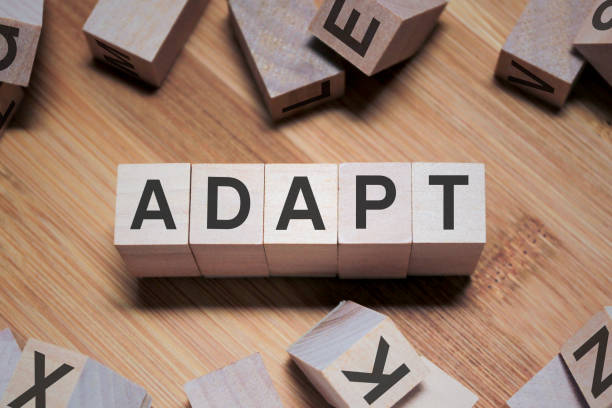
23 May Why our education system needs to adapt more than it ever has.
Having worked with children and young people (CYP) experiencing emotional and behavioural issues for many years, the one key thing that I have realised is that children are not standardised. They do not have a one size fits all label and are continually developing in ways where individual needs must be assessed and met along the way by the systems, structures and supportive people who scaffold their lives and development. Mental health issues are also still regularly misdiagnosed in the education system with challenging behaviour seen as defiance rather than the underlying mental health issues it is trying to communicate. This needs a system that can be flexible and strong to hold and support CYP when they are feeling at their most vulnerable in order to ensure that they are safe and progressing academically, socially and emotionally.
The value of reduced timetables as a supportive strategy for CYP in schools is often cited in this area and gathers quite divisive opinions. One argument is that it is a soft touch approach which makes it easier for schools to manage some of the more complex children in school. It is also regarded by some as an illegal practice and should be eradicated from the education system as soon as possible. This approach, if used wrongly and as a coping mechanism for the school staff could indeed bring problems for the nudging of CYP well-being in the school’s system, and also for the staff and school philosophy to advance it’s effective support strategies and improve over time.
However, schools that refuse to incorporate any adaption to children who are experiencing serious emotional and behavioural issues are at risk of doing the same degree of damage to CYP and the school culture, if not worse. To persist with demanding learning timetables, fast-paced school environments, constant social interaction in the fish bowl arena that school can often feel like, acts as a catalyst to further and more extreme problems.
As with all psychology the answer tends to sit somewhere in the middle realm. There are times when CYP are unable, due to their mental health problems being so difficult, to attend school full time. The same would be so, with a child who had a physiological condition, would we expect them to attend school full time whilst they are recuperating? Part time timetables can play a vital and crucial role in helping CYP in their road to recovery. Time out at the right time can indeed save lives, which I have seen in many cases. As long as the process is assessed and communicated, with ongoing support provided, it can indeed be the absolute strategy of choice at a very difficult time for a CYP as it allows time to heal. It also helps them maintain the valuable skills they have already gained, and social support which are essential to keeping self-esteem from diminishing and well-being to improve. It also communicates a very important message that they are not being punished at a time of emotional vulnerability which formal exclusions can sometimes do.
No model will work for every child, that we know, but as supportive adults, we need to do the reflecting, the adapting and the supporting so that children don’t always have to when the feelings of trauma are highly evident. If the well-being of CYP is at the heart of school practice then decisions around each child should not need justifying, it should be recognised by all as the best option and so will naturally bring positive gains over time.


